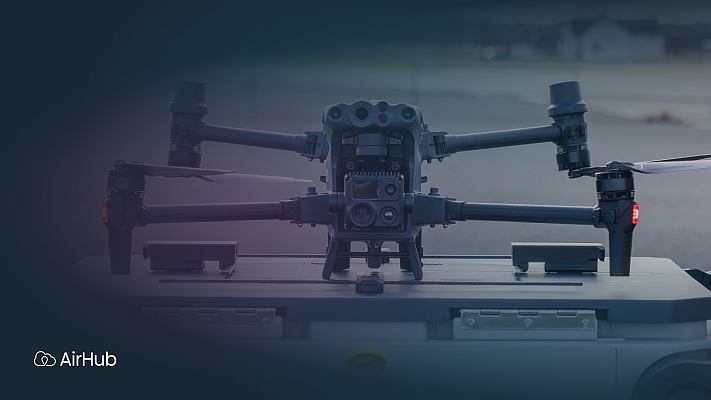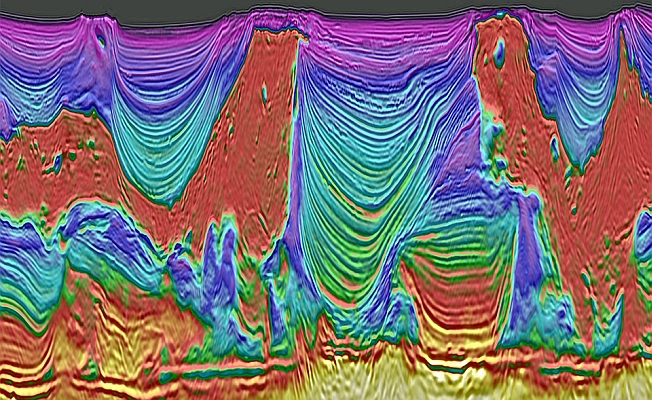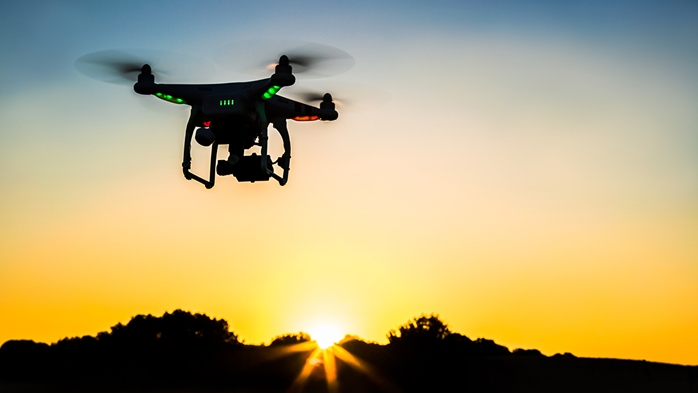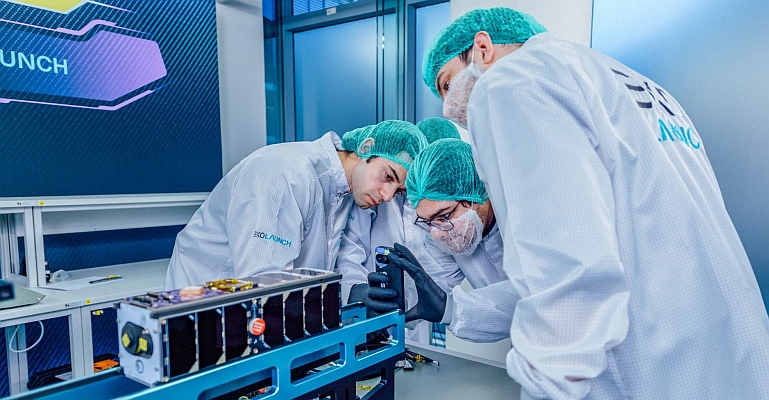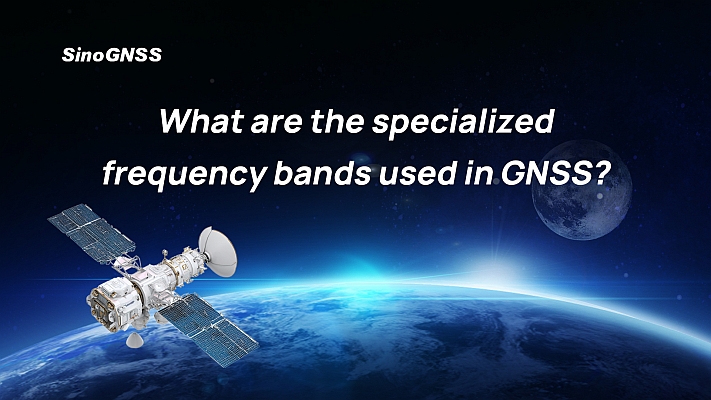The Brazilian Geophysical Society (SBGf), supported by the Society of Exploration Geophysicists (SEG) and the Latin American Geophysical Union (ULG), is organizing a comprehensive forum on Non-Seismic methods for Oil and Gas exploration, September 20 to 23, 2010, in Rio de Janeiro, Brazil. The forum will focus on the application of geophysical techniques, with an emphasis on new ideas and methods that are contributing to discoveries in South America and worldwide. Papers will be presented by over 30 participants, including one by Robert Ellis, Geosoft Senior Scientist, Earth Modelling.
While no oil and gas discoveries are made without the use of seismic methods, other geophysical methods can contribute to more reliable evaluations in deeper, more challenging environments, such as subsalt structures and deep sea environments. By cost-effectively gathering geophysical data to narrow the search area within large fields, oil and gas explorers can refine their targets and apply seismic techniques more productively.
“The SBGf chose to focus on non-seismic methods for its 2010 forum because of increasing interest and success in the use of other geophysical methods within oil exploration,” says Ana Cristina Chaves, Managing Director, Geosoft Latinoamerica, and a member of the SBGf forum organizing committee. “In recent years, potential field geophysics has played a role in significant discoveries in the subsalt structures of offshore Brazil and the Gulf of Mexico. With deeper exploration, there are also greater environmental concerns and geophysical techniques that have less impact on the environment are favoured over more invasive methods. As a result, we’ve seen major oil and gas companies expanding or starting new gravity and magnetic programs.”
The forum provides an opportunity to explore the application of non-seismic methods and areas where they’ve proven to be successful in oil and gas exploration. Forum organizers have invited geoscientists to share their ideas and experiences by submitting presentations on the topics of Potential Fields Methods, Electric and Electromagnetic Methods and Borehole Geophysics.
“The degree of complexity within Oil and Gas exploration today is driving a resurgence of gravity and magnetic methods,” said Jorge Hildenbrand, Managing Director of Fugro Airborne Surveys in Brazil and a member of the SBGf committee organizing the forum. “There are many environments where seismic does not respond well, such as salt domes and volcanic horizons, and geophysical potential field data, properly modeled, reduces the uncertainty caused by non-homogeneous lithologies. Potential field methods, including airborne gravity gradiometry, and the application of electromagnetic methods (both marine and ground) are showing a lot of promise, and the forum will provide an opportunity to share case studies on how they are being applied in the field.”
Robert Ellis, Geosoft Senior Scientist, Earth Modelling, will present a paper on Non-Uniqueness in Potential Field Data with application to the Bacia Portiguar at the forum. Exploration relies heavily on using geophysical observations to aid in building a model of the Earth’s subsurface, and Ellis will explore how this is achieved by solving a geophysical inverse problem that recovers a causative physical property model from its geophysical response.
The organizing committee expects 150 delegates from Brazil and abroad to attend the forum. Participants will include geophysicists and exploration specialists within the oil and gas industry.
More information on the SBGf Non-Seismic Methods forum is available here. For general enquiries about the forum, e-mail eventos@sbgf.org.br.
Follow us on Twitter.


